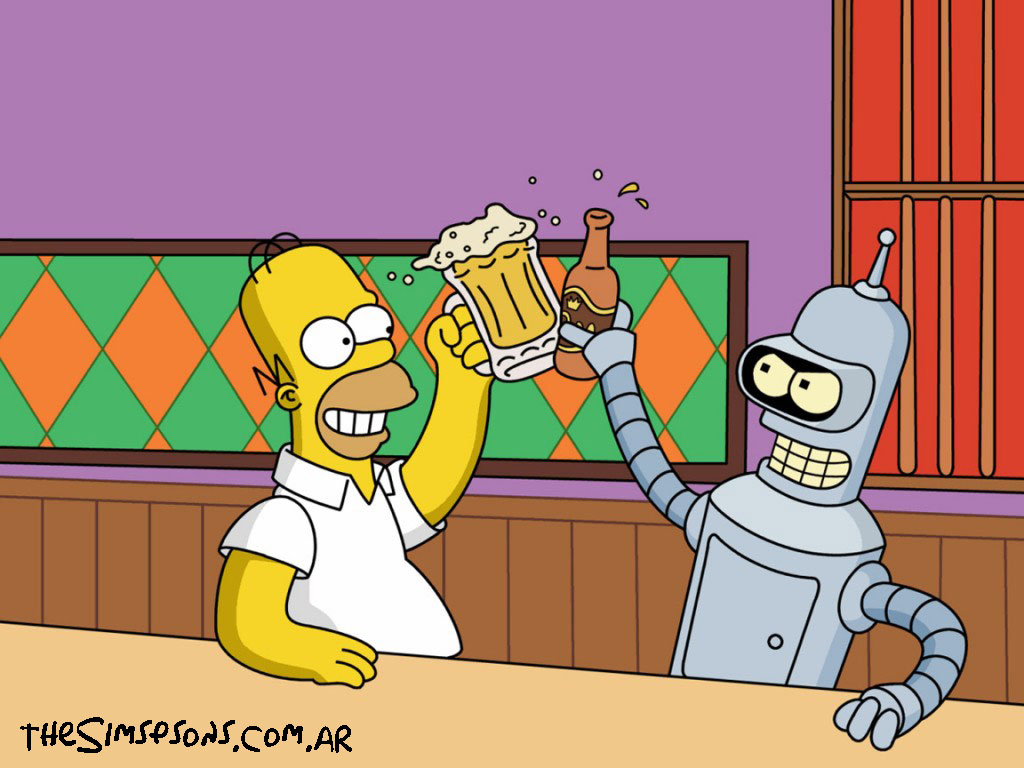Facebook: AI is Still a Long Way from True Intelligence (to be fair, the same goes for many humans, too)
From The Register:
Researchers at Facebook have attempted to build a machine capable of
reasoning from text – but their latest paper shows true machine
intelligence still has a long way to go.
The idea that one day AI will dominate Earth and
bring humans to their knees as it becomes super-intelligent is a genuine
concern right now. Not only is it a popular topic in sci-fi TV shows
such as HBO’s Westworld and UK Channel 4’s Humans – it features heavily in academic research too.
Research centers such as the University of Oxford’s
Future of Humanity Institute and the recently opened Leverhulme Centre
for the Future of Intelligence in Cambridge are dedicated to studying
the long-term risks of developing AI.
The key to potential risks about AI mostly stem from its intelligence. The paper, which is currently under review for 2017's International Conference on Learning Representations, defines intelligence as the ability to predict.
“An intelligent agent must be able to predict
unobserved facts about their environment from limited percepts (visual,
auditory, textual, or otherwise), combined with their knowledge of the
past.
“In order to reason and plan, they must be able to
predict how an observed event or action will affect the state of the
world. Arguably, the ability to maintain an estimate of the current
state of the world, combined with a forward mode of how the world
evolves, is a key feature of intelligent agents.”
If a machine wants to predict an event, first it has to be able to
keep track of its environment before it can learn to reason. It’s
something Facebook has been interested in for a while – its bAbI project is “organized towards the goal of automatic text understanding and reasoning.”
The latest attempt uses a new model called the
Recurrent Entity Network (EntNet), which is a recurrent neural network
built in a way that it acts like gated memory cells working in parallel.
The gates are key to allowing new information to be stored, so it can
be recalled during reasoning.
The agent is tested with a series of tasks. First,
it’s given a sequence of statements and events in text, and then another
set of statements that describes the final world state. It is then
given questions that test its ability to keep track of the world state.
For example, a well-trained agent should be able to
understand and answer questions from simple sentences such as: “Mary
picked up the ball. Mary went to the garden. Where is the ball?” It
should reply, “garden.”
It seems impressive, but there’s a catch that can be seen only when examining how EntNet really works....MORE
